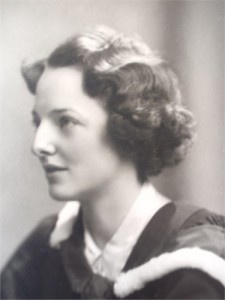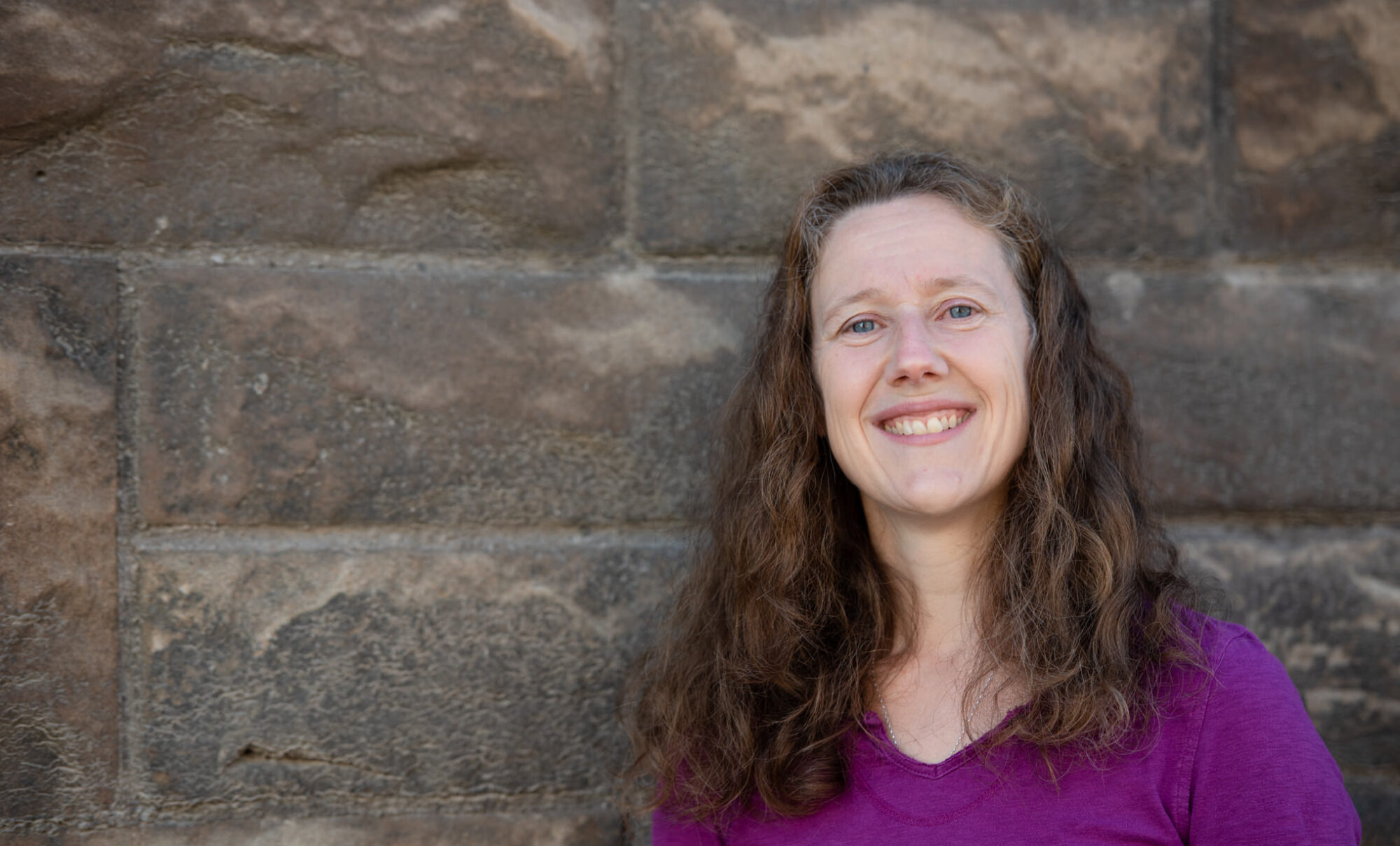When I heard about the Girl Effect blog week I just had to get involved. I come from a family of strong, educated women and am proud to share their story, and the great things that have come from it. It would be nice to hope that stories such as ours help to inspire future generations of women and raise the cause of educating women around the world, and help to raise lives from poverty.
In the UK, in general, there is no real reason why a girl shouldn’t achieve as much or even more than a boy, at school and beyond. In fact I’m one of those people that don’t believe in corporate glass ceilings, I truly believe in choice and I think that often women choose of their own accord that they would rather not play office politics at the top of the ladder. I don’t think this is a glass ceiling, I just think that women don’t need to prove themselves in that way – we have more sense! Some people may be shocked by my attitude but I am lucky – I have a history which shows me that the opportunities are there in this country for those who want to take them, and I believe they have been for some time.

On my Mother’s side, my Grandmother was a doctor. I have a picture of her with her class at Edinburgh university and she was the only girl in the class. After she graduated she looked after her brother’s doctor’s surgery in Orkney whilst her brother and her husband went away to war to heal the wounded there. She ran the doctor’s surgery and then after the war she set up a doctors surgery in Yorkshire with my Grandad and they both worked there until they retired when they moved back to Scotland, their real home. My Grandmother must have been in her 30s when my Mum was born, partly due to the war and partly due to her work commitments.
My Mother was a dentist, when I was young I remember being amazed that my Mum could recite Latin, Shakespeare and Burns by rote (my memory is that of a gnatt and I still struggle to recite poetry I supposedly learnt at school!). After my Mum separated from my Dad and left home, she started again from scratch so that she wouldn’t impact the education of my brother or I. She set up her own dental practice in a different part of the country and built a new life with her new husband. We continued to see her regularly but that must have such a brave decision to make.
For my teenage years I was brought up by my Father. He must have had the patience of a saint to put up with my typical teenage rants, but he continued to encourage my education and bravely rose to the challenge of being a part time Mum as well as a full time Dad.
On my fathers side, my Grandmother was a midwife. She saw many things during the war years which would probably make your hair curl. Her husband was a drunk and violent man and she threw him out of the house to protect her family, in a decade where women just didn’t do that. Her sister, my Great Aunt worked in a factory during the war and took the secrets act she signed so seriously that even since her death we do not know what service she was able to provide this country.
With genetics like this, and no knowledge of a life where woman are not strong, independent and capable of standing on their own two feet, I did not even question whether I should go to university; nor did I question undertaking a technical degree. I have always enjoyed the outdoors lifestyle, I was a member of Venture Scouts, and was always surrounded by boys as peers rather than as ‘the opposite sex’. It is probably as a result of this that I never see the people I work with as being male or female, I see their qualities as they are. I do not believe in feminism, I believe in equality – true equality where either sex can prosper in equal fashion or alternatively stay at home and live the family life if they so choose. I see being in a couple as a partnership, and believe if you have children then you should share the responsibility in the way that will be best for their upbringing, whatever that may be.
Unfortunately not everybody is as lucky as I am, and across the world there are thousands of girls who believe that they should leave school early to keep a home and raise children, that is if they get a choice or an education at all. What little research there is shows that by educating women you are increasing the chances not only of the individual girl’s survival and well being, but you are improving the chances of any family she may have. Like the women in my family before me have inspired me, I hope that these girls can be given the opportunity to inspire their children.
THE RIPPLE EFFECT …
- When a girl in the developing world receives seven or more years of education, she marries four years later and has 2.2 fewer children. *1
- An extra year of primary school boosts girls’ eventual wages by 10 to 20 percent. An extra year of secondary school: 15 to 25 percent. *2
- Research in developing countries has shown a consistent relationship between better infant and child health and higher levels of schooling among mothers. *3
- When women and girls earn income, they reinvest 90 percent of it into their families, as compared to only 30 to 40 percent for a man. *4
If this article has inspired you or moved you in any way please leave a comment, and do go and check the Girl Effect website to find out more. Or if you’ve got a story to share, whether you are male, female and whatever your age you too can help the campaign to spread the word through the Girl Effect Blog Week. Take the time to read some of the stories there, they are moving and heartfelt – voices of women and men who are speaking up for girls across the world.
*1 United Nations Population Fund, State of World Population 1990
*2 George Psacharopoulos and Harry Anthony Patrinos, “Returns to Investment in Education: A Further Update,” Policy Research Working Paper 2881[Washington, D.C.: World Bank, 2002].
*3 George T. Bicego and J. Ties Boerma, “Maternal Education and Child Survival: A Comparative Study of Survey Data from 17 Countries,” Social Science and Medicine 36 (9) [May 1993]: 12 07–2 7.
*4 Chris Fortson, “Women’s Rights Vital for Developing World,” Yale News Daily 2003.
